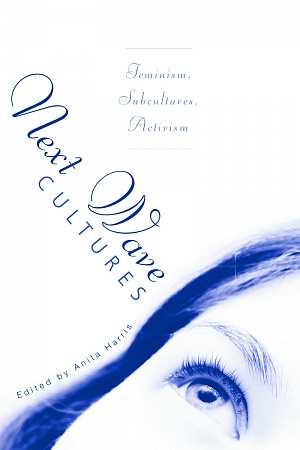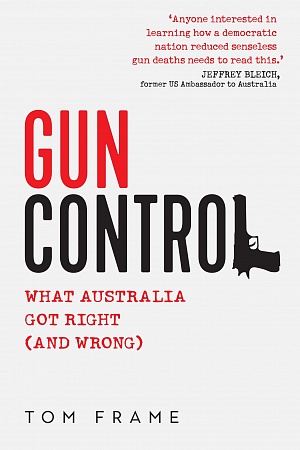#MeToo: Stories from the Australian movement
Picador, $32.99 pb, 352 pp, 978176078500
#MeToo: Stories from the Australian movement edited by Natalie Kon-yu et al.
How do we get the measure of the phenomenon that is #MeToo? Both deeply personal and profoundly structural, #MeToo has been described as a movement, a moment, and a reckoning. Some critics have dismissed it as man-hating or anti-sex; sceptics as a misguided millennial distraction from more serious feminist concerns. Others distinguish between a ‘good’ #MeToo (focused on eradicating sexual harassment from the workplace) versus a more capacious #MeToo (aimed at destroying the patriarchy). That #MeToo originated from the activism of African-American civil rights campaigner Tarana Burke in 2006 has not negated representations of #MeToo as White Feminism, but nor have the privileged white women who have been its most high-profile faces been delivered justice either.
#MeToo is perhaps best described as a work in progress, as the new edited collection #MeToo: Stories from the Australian movement vividly illustrates. Consisting of thirty-four contributions, including from the editors – Natalie Kon-yu, Christie Nieman, Maggie Scott, and Miriam Sved – #MeToo productively resists an overarching thesis or message about the hashtag that inspired its title. In this sense, the subtitle that identifies ‘an Australian movement’ is somewhat misleading. There are no mission statements, manifestos, or self-proclaimed movement leaders within. Instead, readers are treated to a rich assortment of perspectives and genres, including personal essays, fiction, poetry, interviews, and an endearingly didactic graphic essay by comic artist Sarah Firth titled ‘Start Where You Are’.
Continue reading for only $10 per month. Subscribe and gain full access to Australian Book Review. Already a subscriber? Sign in. If you need assistance, feel free to contact us.















Leave a comment
If you are an ABR subscriber, you will need to sign in to post a comment.
If you have forgotten your sign in details, or if you receive an error message when trying to submit your comment, please email your comment (and the name of the article to which it relates) to ABR Comments. We will review your comment and, subject to approval, we will post it under your name.
Please note that all comments must be approved by ABR and comply with our Terms & Conditions.